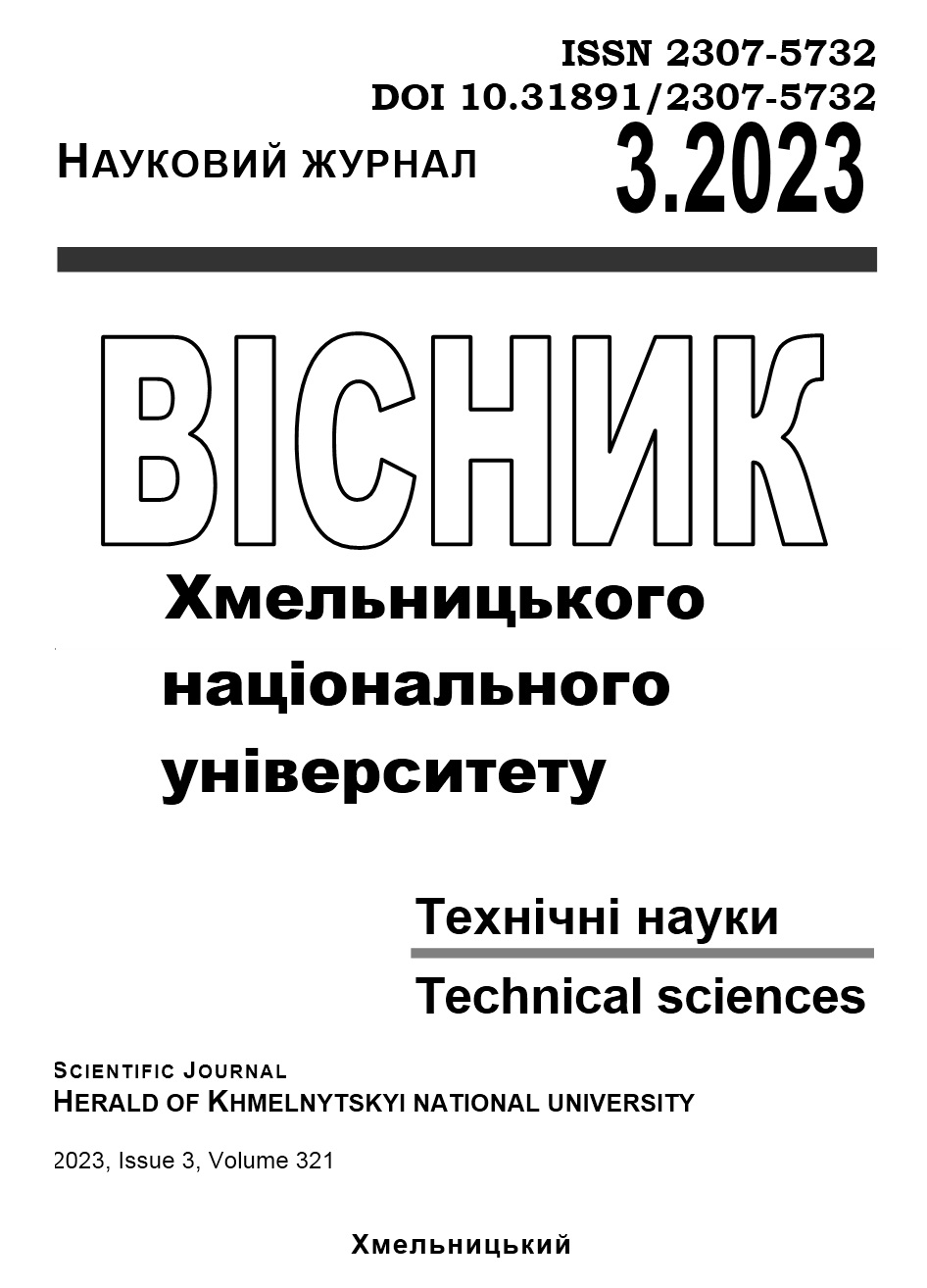THERMOGRAVIMETRIC ANALYSIS OF BAKING BREAD PRODUCTS WITH ROSE HIP EXTRACT
DOI:
https://doi.org/10.31891/2307-5732-2023-321-3-265-272Keywords:
baking and bread product, rose hip extract, thermogravimetric analysisAbstract
The chemical composition of bakery products needs to be optimized and balanced by the most important nutrients. The application of rose hip extract to improve the quality and nutritional value of bakery products is considered. The purpose of the work is to investigate and scientifically justify the conditions of rose hip extract’ possible application in bread baking.
Methods. The effect of the rose hip extract on the physicochemical and consumer properties of the bread product was monitored by the thermogravimetric method. A technique for determining mass loss in the process of baking a bakery product in isothermal mode has been developed.
Results. The optimal value of the extract additive of 2% by mass has been found with the best moisture and CO2-retaining properties. The mass loss compared to the control sample was by 5-10% lower. The explanation of this extremal dependence on the content of the extract was proposed by comparing properties of ascorbic acid and rutin as the main components of a rosehip extract and due to the different effects of these components. Ascorbic acid acts exclusively before the heating stage, but rutin partially retains its antioxidant activity after heat treatment. Therefore, it may be responsible for the increase in mass loss at an extract concentration of 3, 6% by mass. The thermogravimetrically complex nature of transformations in the baking bread process at a temperature of 200 oC was established. Three stages of this process were distinguished. Their activation energies were determined for a sample with 2% wt. of extract: 3.95; 42.3; 81.4 kJ/mol respectively.
Conclusions. The properties of the bread product with added rose hip extract can be controlled by the thermogravimetric method. The optimum concentration of 2% by mass was shown. In the range of up to 6% by mass, the addition of extract to retain moisture and CO2 when baking bread in isothermal mode at a temperature of 200 oC. A sample of wheat bread with a rose hip extract content of 2% by weight better retains CO2 and moisture, and has a minimal effect on structure formation, which improves the consumer properties of the product.
Downloads
Published
Issue
Section
License
Copyright (c) 2023 АНЖЕЛІКА КЛИМЕНКО, ГЕОРГІЙ СОКОЛЬСЬКИЙ, ТЕТЯНА КАМЕНСЬКА (Автор)

This work is licensed under a Creative Commons Attribution 4.0 International License.

